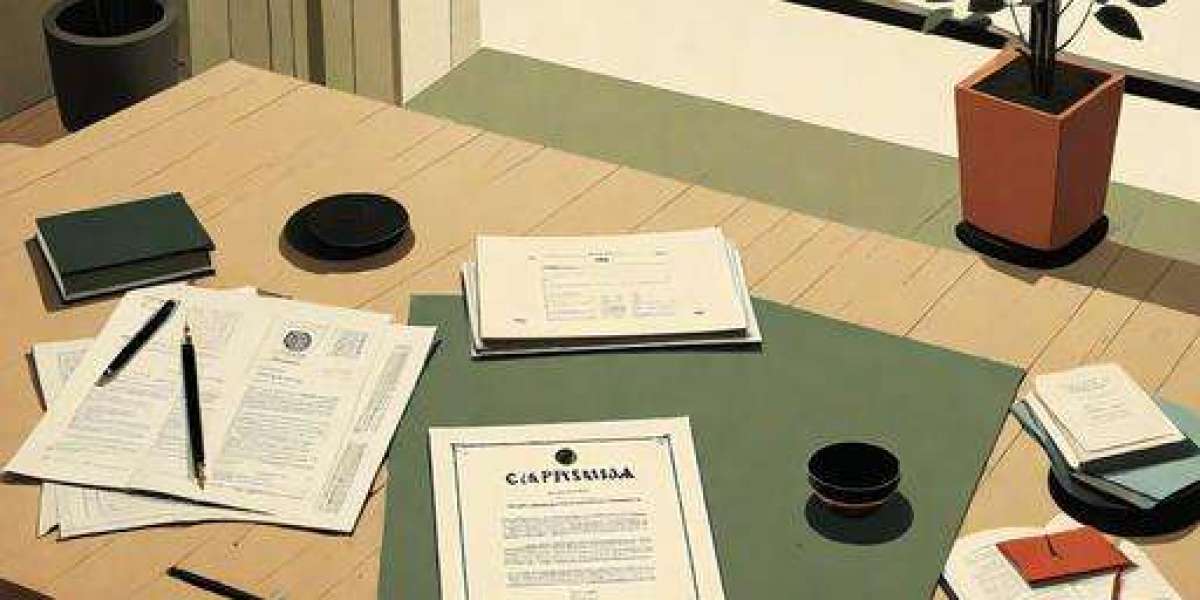In the dynamic landscape of cross-border e-commerce, Kraft Take Out Box Manufacturers are navigating a labyrinth of international sustainability standards to capture markets in Europe, North America, and beyond. With the EU’s Packaging and Packaging Waste Regulation (PPWR) mandating 30% recycled content in plastics by 2030 and stringent biodegradability certifications like EN 13432, manufacturers must balance material innovation with compliance agility. For Kraft Take Out Box Manufacturers, this means reimagining production lines to incorporate FSC-certified paperboard, plant-based adhesives, and chemical-free coatings that meet both EU and U.S. Food and Drug Administration (FDA) guidelines. The challenge lies not only in adhering to regional policies but also in addressing consumer demands for carbon-neutral logistics and circular design.
Advanced traceability systems are becoming indispensable. Blockchain-enabled platforms now track raw materials from sustainably managed forests to final products, ensuring transparency required by regulations like the EU’s Digital Product Passport. This technology not only validates compliance with EN 15343—a key standard for recycled plastic traceability—but also strengthens consumer trust in eco-claims. Meanwhile, manufacturers are adopting modular production hubs to serve diverse markets: thicker, wax-reinforced boxes for U.S. iced beverage durability, and lightweight, rapid-degrading variants for EU cafés. Such customization minimizes waste while aligning with regional recycling infrastructure capabilities.
The rise of carbon tariffs, such as the EU’s CBAM, adds another layer of complexity. Factories are transitioning to biogas-powered drying systems and solar energy to reduce embedded emissions, which must now be reported under CBAM’s 2026 guidelines. Collaborative efforts with agricultural cooperatives ensure a steady supply of non-GMO wheat straw—a feedstock approved under both EU and ASEAN sustainability protocols. By pre-certifying products through multi-standard testing labs, Kraft Take Out Box Manufacturers turn regulatory hurdles into market-entry advantages, securing partnerships with global food delivery platforms and eco-conscious retailers.
Looking ahead, the integration of biodegradable PLA liners and hemp-based composites aims to replace traditional polyethylene coatings, addressing PFAS bans under PPWR while maintaining grease resistance. These innovations, paired with EPR (Extended Producer Responsibility) registrations across key markets, position Kraft boxes not just as containers but as ambassadors of a greener global trade era.
click sotonstraws.com to reading more information








